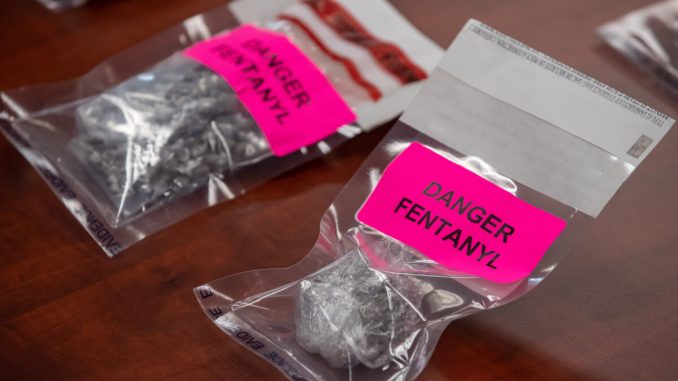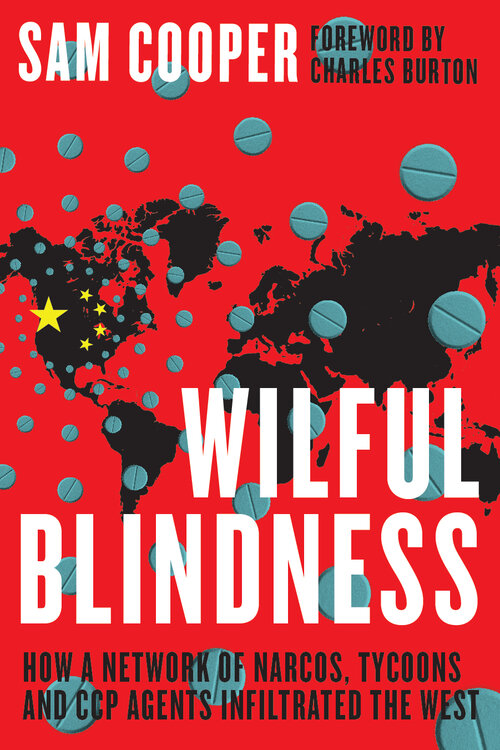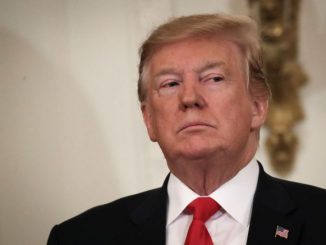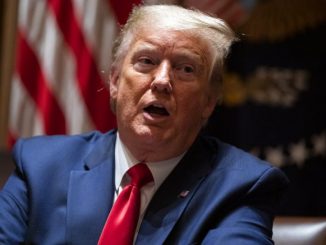
Investigative journalist Sam Cooper’s new book “Wilful Blindness: How a Network of Narcos, Tycoons and CCP Agents Infiltrated the West” offers an in-depth look on how massive international crime networks are targeting democracies worldwide and how authorities in some cases have been looking away.
The book follows Cooper’s investigation of suspicious money-laundering activities in Vancouver’s casinos. Following the money trails, Cooper uncovers the intricate connections between drug trafficking organizations in Canada, Hong Kong triad gangs, and the Chinese Communist Party (CCP).
The book covers how criminal proceedings fuelled an opioid crisis in Canada while driving real estate costs so high to make them unaffordable for many, and how in many cases the hands of law enforcement officials were tied due to pressure from politicians.
“I found that the people that were facilitating bags of … $20 bills, up to 1.2 million coming into a casino per night with one … whale gambler—these were the very same people that were interacting with people in the Vancouver Chinese consulate, top level leaders [that] were interacting with Canadian politicians,” Cooper said during an online book-launch event on May 20.
Cooper explains in his book that the CCP has a focus to control the Chinese diaspora abroad so it can better exert influence in other countries, and it makes use of its United Front Work Department for this purpose.

According to Charles Burton, a China scholar and a former Canadian diplomat to China who also spoke at the book-launch event, Western countries’ main problem of “wilful blindness” is not understanding the nature of the People’s Republic of China (PRC) and the ruling communist party.
Burton said while there seems to be a desire to “pretend that Chinese communist institutions are equivalent to Canadian institutions,” the Chinese regime is in fact “an integrated party state-military-security-industrial complex” as described by the PRC’s founding leader Mao Zedong.
“The essence of the Chinese Communist Party’s United Front Work is in fact to induce … non-communist elements to support the interests of the Chinese Communist Party,” Burton said.
“So really, all mainland institutions, whether they are government institutions, party institutions, or claim to be non-government institutions, are subject to the unified leadership of the party and coordinated to further the overall interests of power of the Chinese Communist Party,” he said.
‘The Hand of Beijing’
In May 2020, at a time when the CCP virus, which causes the disease COVID-19, was raging in China, Cooper reported on how United Front-controlled networks in cities across Canada and other countries around the world called on “overseas Chinese” to collect large quantities of personal protective equipment (PPE) to send to China. Shortly after, these countries themselves faced a shortage of PPE for their front-line health workers.
As the story got more public attention, Cooper became a target of comments bashing his reporting, with some labelling his reporting as “racist.” A petition was also launched demanding Cooper retract the “disinformation.”
“My story was based on facts, evidence, and direct quotes from official Chinese sources. The story explained that Beijing is trying to control and use all Chinese immigrants abroad. This has been extensively supported by numerous intelligence reports and books,” Cooper said.
“But I had to respond to politically motivated attacks on my story. It wasn’t hard to identify the hand of Beijing,” he said.
Aspersions of ‘Racism’
Ivy Li, a leading figure in the Canadian Friends of Hong Kong group, said during the book-launch event that the United Front Work wants democratic countries to believe that criticism of “anything that is Chinese, or China” will invite backlash from the Chinese community. She said many politicians gladly make use of this fear as an excuse to evade urgently needed discussion or action on the CCP.
“United Front Work knows that, and the racist and victims we caused are increasing that tension in order to increase the fear of the ethnic Chinese community, therefore, to increase their sense of dependency on the strong CCP-led motherland,” Li said.
The best way to counter this, Li said, is to continue to have those “critical discussions” while being aware of what is and isn’t racist.
Teng Biao, a human rights lawyer and visiting professor at the University of Chicago, also noted that the United Front has used overseas Chinese students—often forcing their compliance through coercion and harassment—to silence critics of the Chinese regime. Teng shared his experience joining a panel discussion on China’s human rights violation at Columbia University in 2019, which was cancelled due to protests by pro-Beijing Chinese students.
“Being against the CCP, the Chinese Communist Party, is not racism; anti-CCP is not anti-China,” Teng said. “People like Sam Cooper and many Chinese writers and scholars, they sacrificed a lot and they dedicated their time, their career to studying China, and they love China, and they love Chinese people, but they have to tell the truth.”
Teng also noted that while democratic countries like Canada and the United States should remain open to people from different cultures, religions, and political systems, it’s also important that these open societies do not become a safe haven for money laundering, corruption, and human trafficking, or manipulation by dictatorial regimes like the CCP.
Cooper said during the event that a major issue is how the CCP exerts influence on the political and business communities to further its interests.
“This casino money laundering, this trade-based money laundering, these Belt and Road projects, they’re all interrelated into a system where foreign governments, political leaders, business leaders, academics, bureaucrats will be the targets of influence by the same actors active in the casinos,” Cooper said. The Belt and Road Initiative is an investment project to build trade routes linking China and other parts of the world.
“At the end of the day, it’s not just about fentanyl overdoses, it’s not just about housing crisis, it is truly about democracy,” Cooper said.





Be the first to comment